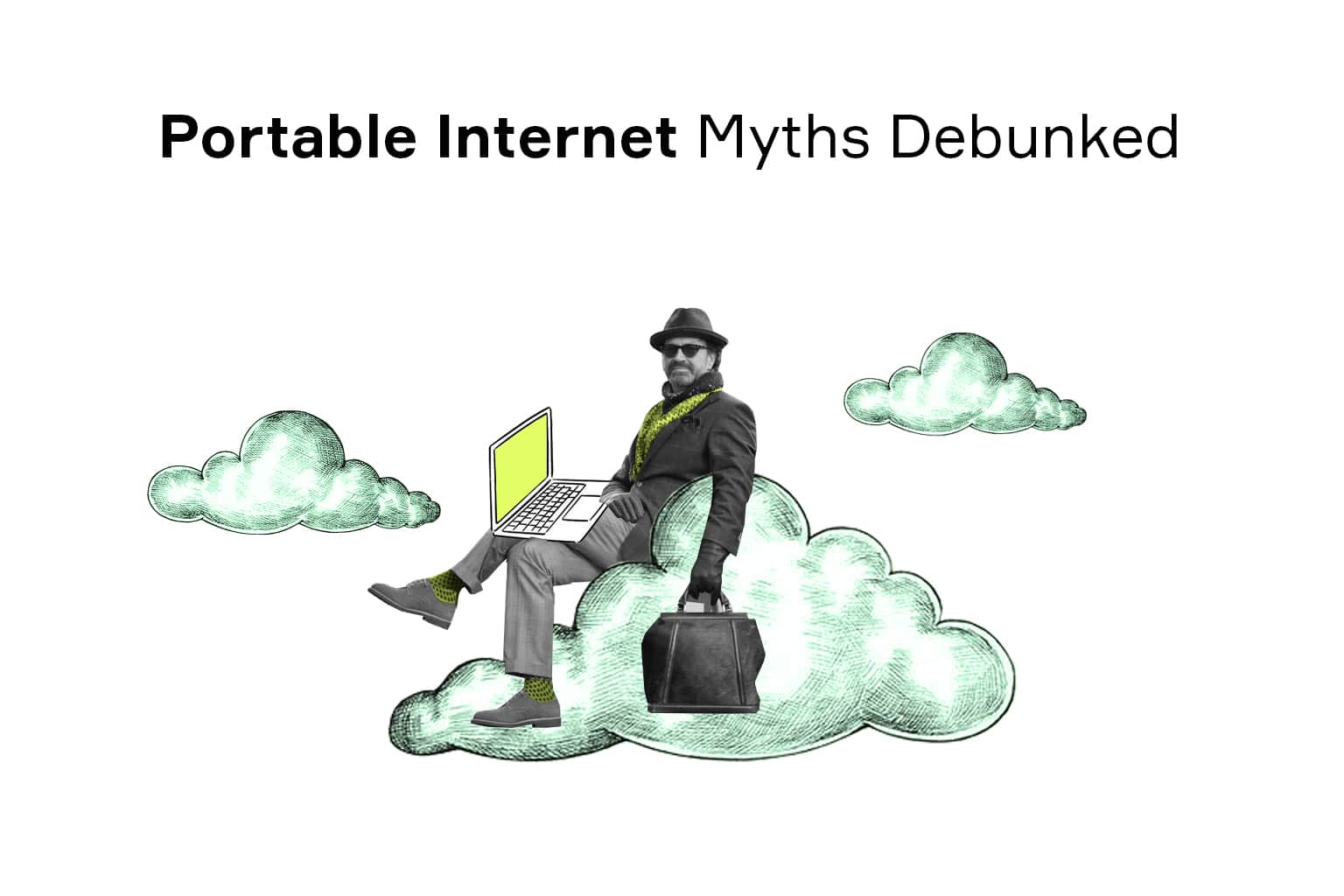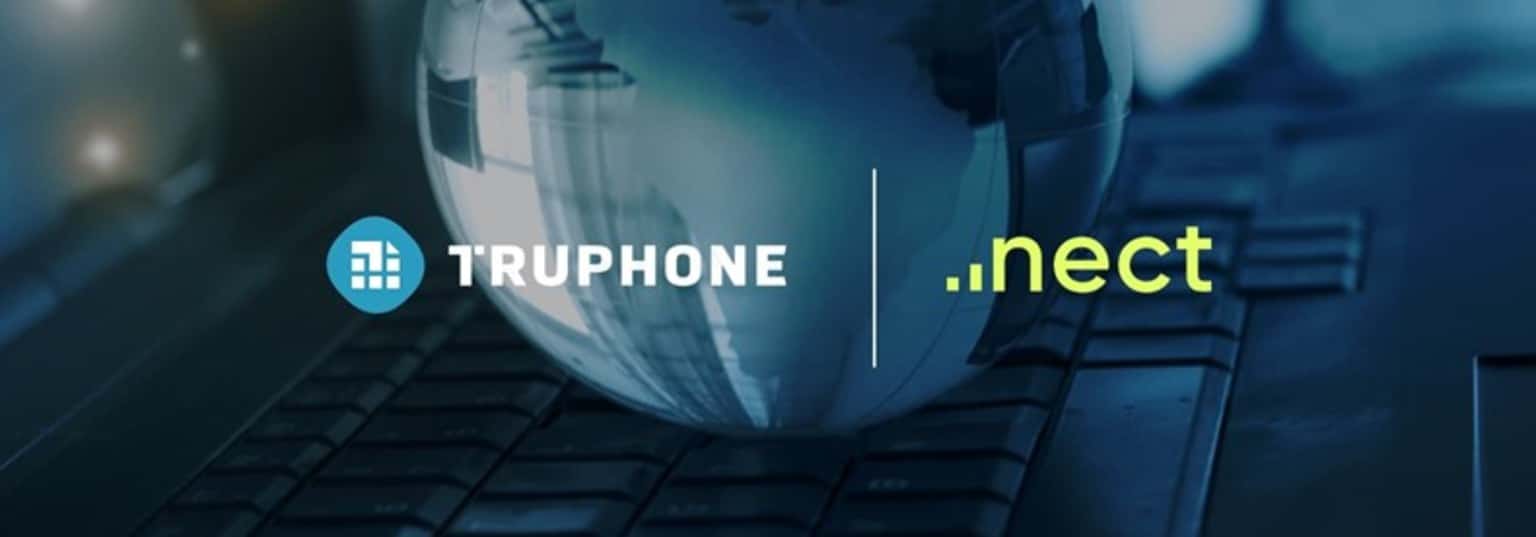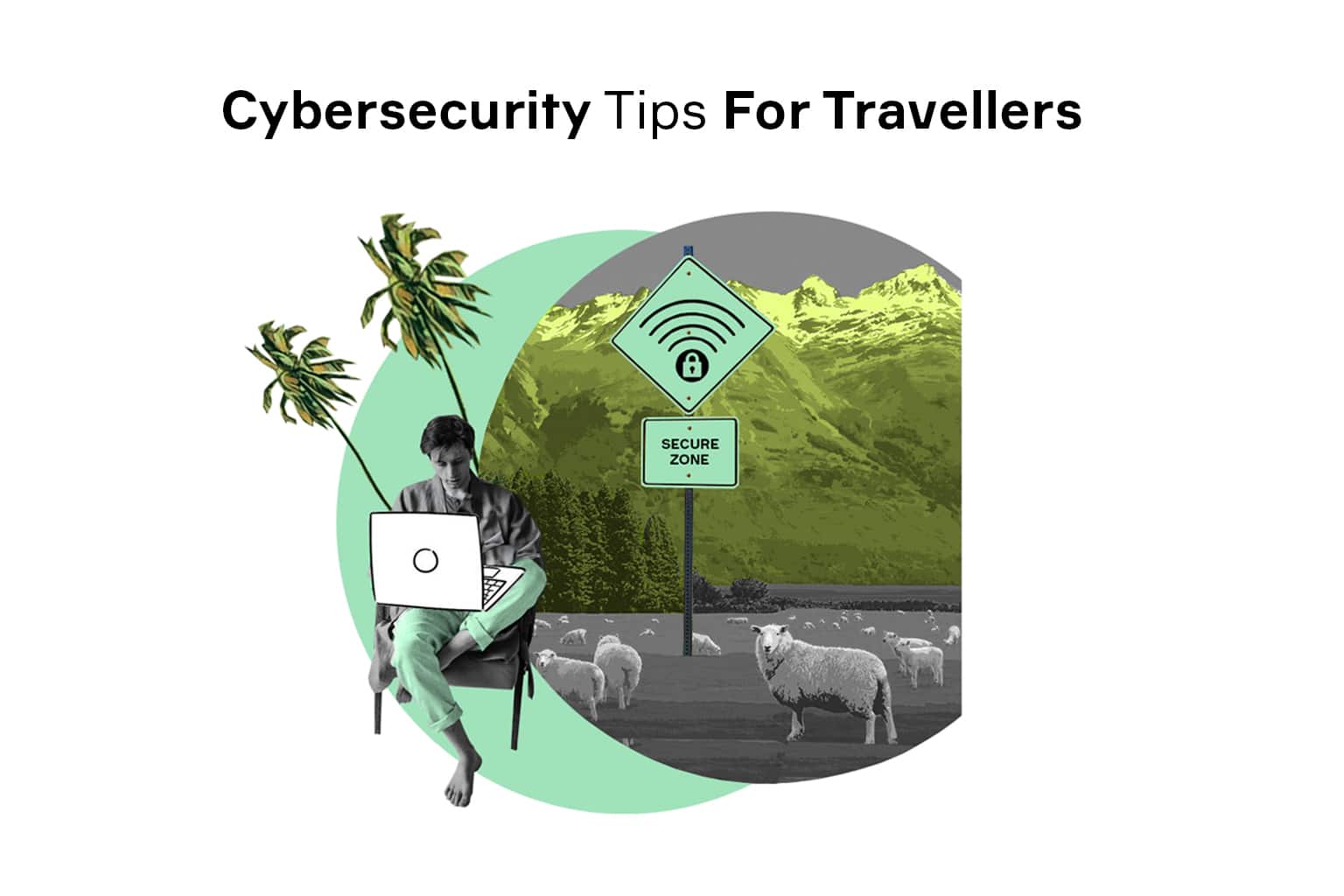
Free WiFi has become so ubiquitous that you’d be hard-pressed to find a Starbucks that does not offer it. People rarely give it a second thought when browsing in a cafe or even using public Wi Fi for business to stay productive. Unfortunately, such carelessness may come at a price, as public hotspots make it quite easy to hack your device and steal sensitive data. Let’s look at what risks free WiFi poses and what you can do about it.
What Is Public WiFi?
Essentially, public WiFi is any WiFi hotspot that does not require authentication so that anyone can jump in. Such hotspots are usually hosted by cafes, restaurants, coffee shops, and similar businesses. Nowadays, the practice has become so ubiquitous people rarely wonder if it is safe to use public WiFi. In fact, many users set their phones to connect to discovered public networks automatically. While it might save you some mobile data, this approach also creates considerable concerns about free WiFi security.
Is Free WiFi Safe?

Picture yourself in your local Starbucks casually browsing the web while waiting for your order. Whatever thoughts you might have at that moment, “Is it safe to use WiFi at Starbucks” would probably not be among them.
Unfortunately, the dangers of using public WiFi are very real. Having unrestricted access may be great for consumers, but it has a significant downside – it essentially allows people on the network to do things that you won’t be comfortable with.
Of course, sharing a network with a hacker is not the same as handing your phone to them. Modern phones and web services have many layers of protection that provide a certain level of public WiFi safety.
Think of it as a room with valuable possessions. They are not in plain view, as you have locked most of them in drawers or even in a strongbox. This might be enough not to let a stranger steal them, yet you’ll probably not feel good about it.
The same goes for public WiFi. With the right tools, anyone in the coffee shop can gather data from unprotected devices and, given enough time and luck, crack it open. There are numerous ways to do that:
- Snooping/Sniffing
- Man-in-the-middle attacks
- Honeypots (faux hotspots)
- Unencrypted connections
- Malware
While only some of them will be available to a hacker in each situation, the sheer range of possibilities should give you an idea on how secure is Starbucks WiFi.
Is McDonald’s WiFi safe?

Okay, so Starbucks is probably not the best place to connect to the Internet. How about other amenities, then? Do they fare better in terms of public WiFi protection? They can be, but, unfortunately, there is no way to tell. Companies do not publish any information on policies in this field – in part because not all have them. So, essentially, you are at the mercy of a person who set up the network – and even then, there’s not much they can do to secure it completely.
Is Airport WiFi Safe?
What about more serious organizations like airports? Sure these people know a thing or two about safety protocols? Well, not really. Public WiFi safety is simply outside the scope of the majority of companies in the hospitality sector. So while you may feel safer when you ditch the Starbucks’ hotspot and connect to the airport’s one instead, it is a gamble in each case. You might get out unharmed or hand all your passwords to someone, and choosing between free hotspots does nothing to improve your odds.
Read more: How to Prevent Data Breaches: Rules for Safe Internet Connection
How to Protect Yourself on Public WiFi
Now that we’re done with the question “Is Starbucks WiFi safe?” we can move on to “What can I do about it?” While you cannot eliminate all possible risks, you can still reduce them significantly.
Be Vigilant
The first and probably the most important point is good cybersecurity hygiene. Time and time again, studies show that a human factor is the leading cause of data breaches. This can be anything from poor configuration to installing suspicious applications. To avoid joining these ranks, remember to:
- Create strong passwords
- Protect sensitive accounts with two-factor authentication
- Pay attention to authentic links
- Be picky about what you agree to
- Reserve sensitive operations for trusted networks
Stay Away from Public WiFi

At first glance, this may not seem like the right solution. However, once you think about it, it actually makes sense. Aside from being risky, public networks rarely provide a good internet connection, which sort of defeats the purpose of using them in the first place.
At the same time, a mobile Internet has been moving in strides in the recent decade, making it a feasible alternative. There are even several ways to share WiFi with friends, although some are better than others.
Not only that, modern portable modems, nect MODEM among them, come equipped with built-in VPN solutions, which add an extra level of security. These come in both paid and free versions, so you can choose the one that fits your budget. A word of warning, though – free VPN for modem often does the very thing you expect them to prevent, like gathering your data or even carrying malware. So make sure you know what you are doing when protecting your privacy.
Is It Safe to Use VPN on Public WiFi?
Speaking of virtual private networks, you might also ask: Is public WiFi safe with VPN? It does make public networks safer by hiding your activities and data. However, it leaves the non-encrypted traffic vulnerable (and there are still a lot of non-HTTPS websites out there). VPNs are also known to decrease Internet speed somewhat – a drop in the bucket for 4G yet a major slowdown for crawl-speed public WiFi. In other words, it is the next best thing when you don’t have your trusted 4g VPN modem around.
Better Safe Than Sorry
Public WiFi is certainly a milestone in the popularization of the Internet. At one time, it was a great addition to the experience of visiting a local coffee shop. Things were simpler back then. Nowadays, with better awareness about cybersecurity and better means of Internet connection like phones and portable modems, it is a questionable trade-off. Free WiFi may still hold a special place in our hearts, but using it will probably not be worth it in most cases.
All illustrations are created by Lucy Ivanova, a Chief Creative Officer at nect.



